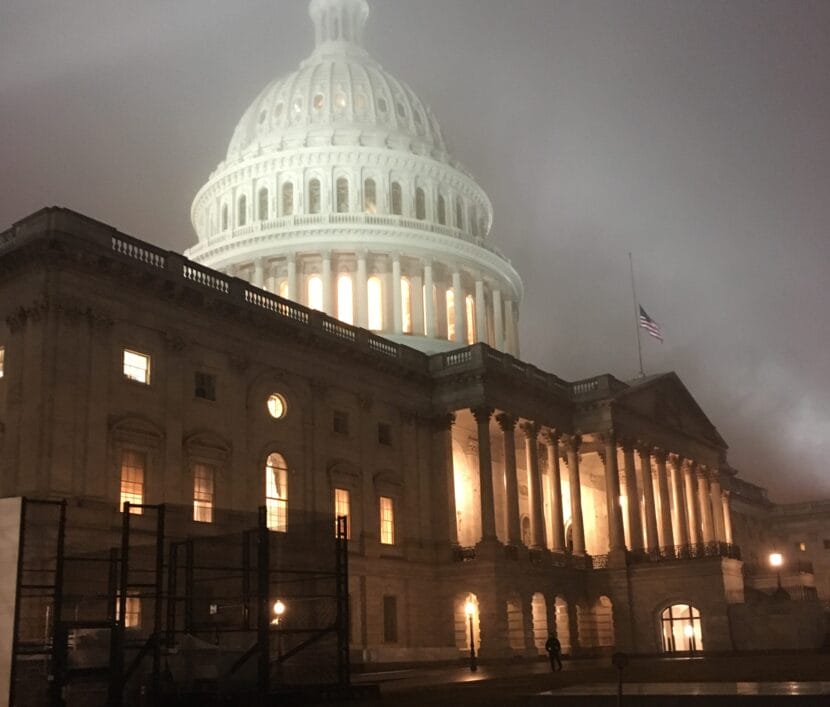
Alaska’s U.S. senators are trying to block the Environmental Protection Agency from launching a procedure that would lead to the regulation and eventual removal of leaded aviation gasoline.
Sens. Lisa Murkowski and Dan Sullivan this week filed a resolution to reverse an EPA regulatory finding that aircraft burning leaded fuel adds to air pollution and puts public health at risk.
Lead was removed from automobile fuel decades ago, and it’s not in the jet fuel airliners use. But it’s still a component of the aviation gas that powers piston-engine planes that carry two to 10 passengers and are ubiquitous in Alaska skies.
The EPA action in October was no surprise to the Aircraft Owners and Pilots Association, which represents the general aviation sector.
“The EPA’s endangerment finding kicks off a multi-year regulatory process in which the FAA is now required to develop a pathway to an unleaded future for aviation,” said the association’s senior vice president of government affairs Jim Coon.
The industry, fuel suppliers and the Federal Aviation Administration have been working for years for an orderly shift to unleaded fuel by 2030, he said.
“It’s very important to us and I think everyone understands the need to do this safely and smartly,” he said.
Airborne lead exposure is particularly damaging to children and can cause learning deficits. One peer-reviewed study found that 170 million American adults have lower IQs due to lead exposure from automobile exhaust. The EPA says levels of airborne lead in the United States have declined 99% since 1980, when the agency was phasing it out for road vehicles.
Piston-engine aircraft are now the largest single source of lead emissions to the air. But, to put that in perspective, Coon points out that the total number of gallons the fleet burns in a year amounts to what American cars burn in four hours on an average day.
Alaska’s senators issued a joint statement raising the alarm about EPA’s endangerment finding.
“This EPA decision could have a deeply negative impact on the affordability and accessibility of fuel, availability of travel, and safety for Alaskans across the state—and it must be stopped,” Murkowski said.
Sullivan warned that it could “set off a devastating chain of events that could lead to supply chain disruptions and severe price hikes for Alaskans.”
Coon said he appreciates the senators’ efforts to bring attention to the need for a smooth transition.
The Senate still needs to pass a bill to reauthorize the FAA. The bill the House passed includes a guarantee that traditional aviation gas will remain available until an unleaded version is deployed nationwide.


